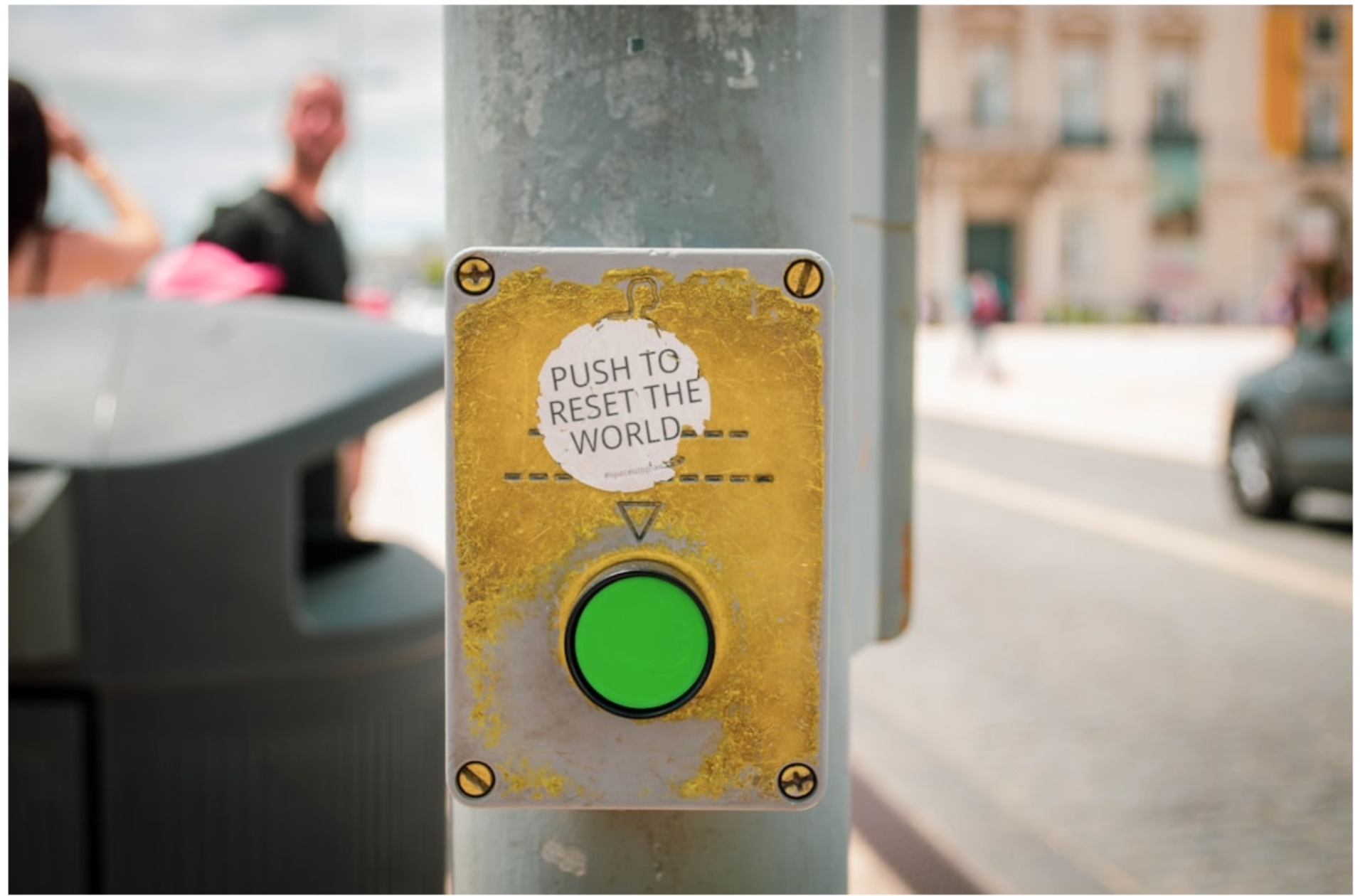Upwork Feedback:
a trust tool you should learn
to read and write
On Upwork, your rating is a currency of trust. Clients almost always scroll down to see what others have said about you. Even with a strong portfolio, feedback shapes the first impression.
Upwork uses double-blind feedback: the client and the freelancer submit their reviews independently.
- Public feedback is visible to everyone (star rating + comment).
- Private feedback isn’t shown publicly, but it carries the greatest weight in the JSS formula.
That’s why even five stars don’t always guarantee a high rating—if the private feedback was less favorable.
Real-world examples
- A single negative review can drop your rating by dozens of percentage points if you have only a few completed contracts.
- No feedback doesn’t hurt JSS: if the client leaves nothing, the system simply ignores it.
- Long-term projects help: every three months of active collaboration can count as “+1 successful outcome.”
How clients read reviews about a freelancer
Experienced clients look beyond the average star rating for repeat patterns in comments. If several clients mention “missed deadlines,” that’s a signal.
They pay close attention to notes about communication — response speed, clarity, the freelancer’s habit of asking the right questions.
Reviews that say “exceeded expectations” or “went above and beyond” are especially persuasive.
A short “Good job” rarely impresses. A specific, example-rich comment builds trust.
How freelancers should read reviews about clients
It’s just as important for freelancers to check what other contractors wrote about a potential client. That can save you headaches.
- Clarity of requirements. If reviews say the client provided vague or constantly changing scope, expect a demanding collaboration.
- Communication style. Was the client polite, responsive, and present? Did they avoid long silent periods without explanation?
- Realism. If multiple reviews say the client “wanted too much for too little,” that’s a red flag.
👉 We dig deeper into reading client reviews and using them to qualify projects here: How to Choose the Right Clients on Upwork – Practical Tips
How (and when) to ask for feedback — and what to ask for
Requesting feedback is part of professional communication. Do it ethically and be specific.
When to ask. After a successful milestone or at project completion. On long engagements, a gentle reminder around key milestones is fine.
What to ask for. Not “five stars,” but a substantive written comment—what exactly worked well (communication, speed, quality, initiative).
How to phrase it.
“Thanks for the collaboration! If you have a moment, I’d appreciate a short written review (what felt valuable or well-organized in our work). It helps future clients quickly understand my approach.”
What not to do. Don’t offer incentives for positive reviews and don’t pressure clients—this violates Upwork policy.
🔗 More phrasing ideas and nuances in our guide: Everything You Need to Know: 3 Tips About Upwork Feedback
What to write in reviews about clients
Your review is a contribution to the community. Other freelancers benefit when you’re honest.
- Be specific. “The client defined requirements clearly and released payments promptly” beats “All good.”
- Be truthful and to the point. If things were tough, note the facts neutrally—without emotion.
- Avoid insults. A professional tone always works better: “Communication was challenging; timelines shifted a few times.”
Every review is a mini-story of how you work. Over time, they shape more than your rating—they define your brand: reliability, relationship-building, readiness for complex tasks.
👉 Want more on the technical side of Upwork’s reputation system? Read Updates JSS: A Transparent Reputation System on Upwork.
Feedback on Upwork is a two-way instrument. For clients, it’s a way to choose reliable partners. For freelancers, it’s a way to build trust and reputation. Learn to read between the lines, write reviews intentionally, and they’ll become an asset that outlasts any single job proposal.
More Articles

How SEO Is Changing in the Age of AI
21-10-2025
AI is transforming search. Learn how SEO evolves into AEO and GEO — where visibility means being cited in AI answers, not just ranked in results.

Keeping the Human Mind Sharp When AI Can Do It All
16-10-2025
AI makes work easier, but thinking harder. Learn how to stay creative, critical, and human in the age of intelligent machines.

AI Workslop: Why Businesses Pay Freelancers to Fix AI
07-10-2025
AI speeds up work but often creates “workslop” - results that look complete yet lack value. Freelancers are the ones turning them into quality.

Disney Creative Strategy: How Ideas Become Reality
03-10-2025
Disney Creative Strategy: dream, plan, critique — a tool to guide ideas from imagination to real-world results.

Upwork Boost: Increasing Freelancer Profile Visibility
29-09-2025
Discover how Upwork’s Available Now badge and Profile Boost work, their costs, pros and cons, and which boost is best for freelancers or agencies.

10 Posts to Help You Get Started on Upwork
29-09-2025
We’ve gathered a set of articles to guide you through the essentials — from setting up your profile to building long-term client relationships.

Etcetera summer 2025 report
26-09-2025
Etcetera summer 2025 results: quiet season, new team members, shifting Upwork rules, and plans for an active autumn.

Upwork Feedback: a trust tool you should learn to read and write
22-09-2025
Upwork feedback is more than stars — it builds trust, shapes reputation, and guides choices. Learn how to read, request, and write reviews effectively

7 Hats: a thinking tool that saves time and nerves
08-09-2025
Instead of mixing emotions, facts, and criticism in chaos — this method by Edward de Bono helps separate thinking modes.

Upwork: From Simple Fees to Pay-to-Play
29-08-2025
Discover how Upwork’s fees evolved from flat 10% to a pay-to-play model with Connects, boosts, and variable 0-15% commissions in 2025.

Upwork Reset 2025: How to Refresh Your Freelance Strategy
25-08-2025
Discover 5 practical steps to reset your Upwork strategy in 2025: update skills, rethink pricing, optimize proposals, and grow with the market.

How to Build a Team That Won’t Fall Apart in a Crisis
22-08-2025
How to build a strong team that survives crises: Denys Safonov shares lessons from 11 years of leading the agency Etcetera through global challenges.
